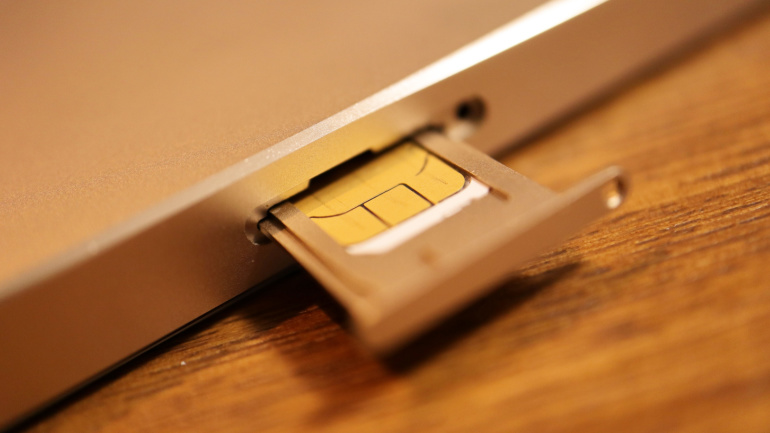Swiss IoT module maker u-blox’s exit from the cellular IoT sector marks a strategic pivot to focus on profitable areas like GNSS satellite positioning. Persistent losses in the cellular division, driven by intense pricing competition and extended 5G IoT development timelines, influenced this decision amidst broader market challenges.
The cellular Internet of Things (IoT) market is set to undergo a significant transformation, thanks to the advancements in eSIM technology, as highlighted in recent research conducted by Omdia. The adoption of eSIM is expected to skyrocket, driven by the GSMA SGP.31/32 specifications, offering unprecedented efficiency, flexibility, and choice to enterprises across the globe.
The rapid adoption of embedded SIMs (eSIMs) is poised to revolutionize the cellular Internet of Things (IoT) landscape, causing significant market disruption and driving growth, according to insights from GlobalData, a leading data and analytics company.
In a remarkable stride, Bharti Airtel has connected over 20 million IoT devices via its B2B branch, Airtel Business, amid India’s 5G evolution. This permits a vast assortment of IoT features offered through multiple connectivity mediums. Major deals have propelled Airtel to surpass a key milestone. Moreover, the Airtel IoT platform facilitates enterprises to manage their IoT connections via the Airtel IoT Hub.







